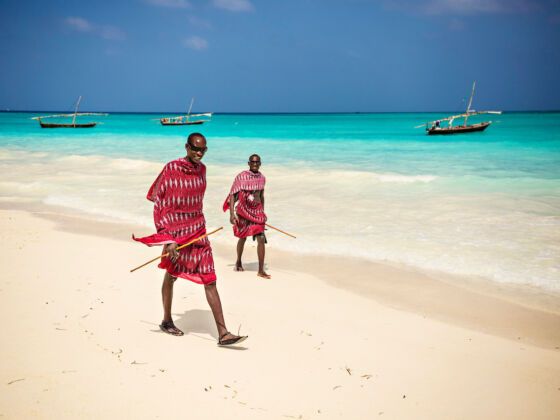1. Needing personal space
Space is a funny thing in Tanzania. There were mornings that I walked across wide fields to get to work, the face of the Uluguru Mountains the only thing in sight. At other times I walked alongside my neighbor, Mama Hamissi, hand-in-hand because we were two friends heading in the same direction — so why not hold hands?
Most of the time space was not something I thought about, even on those excursions into town, where I found myself jammed with 10 other people into a six-passenger dala dala — silently praying to the torn seat in front of me that we would arrive safely at our destination. In those moments, I didn’t care that my shoulder rested in the crook of the sweaty armpit next to me. I didn’t care about the tightly twisted braids bouncing a few inches from my face. I didn’t even care that my left foot was falling asleep underneath somebody’s enormously heavy duffel bag. There was no point in caring because there was no way around it. So I learned to do what everyone else did. I learned to just snooze as our 14-year-old driver careened us down the highway.
